
Wudu, also spelled “wudhu” or “ablution,” is a fundamental purification ritual in Islam. It is essential for Muslims before performing acts of worship, such as Salah (prayer), reading the Quran, or entering a mosque. Wudu is not only a physical cleansing but also a spiritual one, symbolizing the purification of the soul. In this comprehensive guide, we will walk you through the step-by-step process of how to perform wudu to help you attain a state of ritual purity.
Table of Contents
Step 1: Begin with a Sincere Intention (Niyyah):
- Before starting wudu, make a conscious intention in your heart to perform this act of purification for the sake of Allah (God). It is essential to have a pure and sincere intention.
Step 2: Prepare Clean Water:
- Ensure you have access to clean and pure water. In most cases, tap water is sufficient. The water should be physically clean and not contaminated.
Step 3: Recite Bismillah (In the Name of Allah):
- Begin by reciting “Bismillah” (In the name of Allah, the Most Gracious, the Most Merciful) before starting wudu to invoke Allah’s blessings.
Step 4: Wash Your Hands:
- Start by washing your hands up to the wrists three times. Ensure that water reaches all parts of your hands.
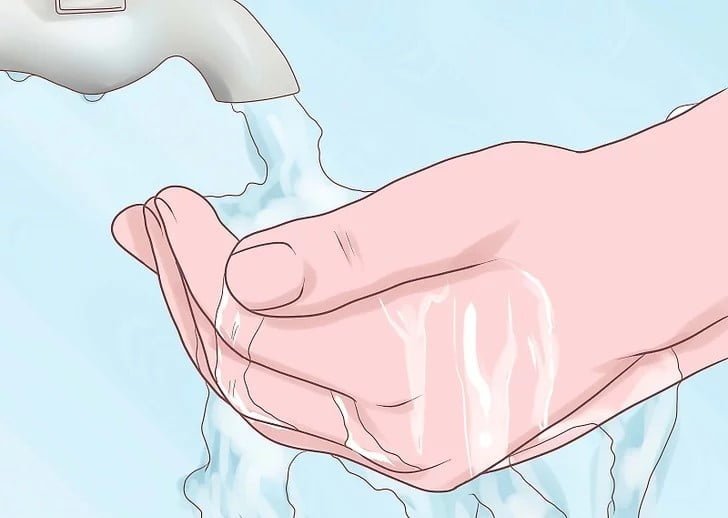
Step 5: Rinse Your Mouth:
- Take water in your right hand and rinse your mouth three times, making sure not to swallow any water.
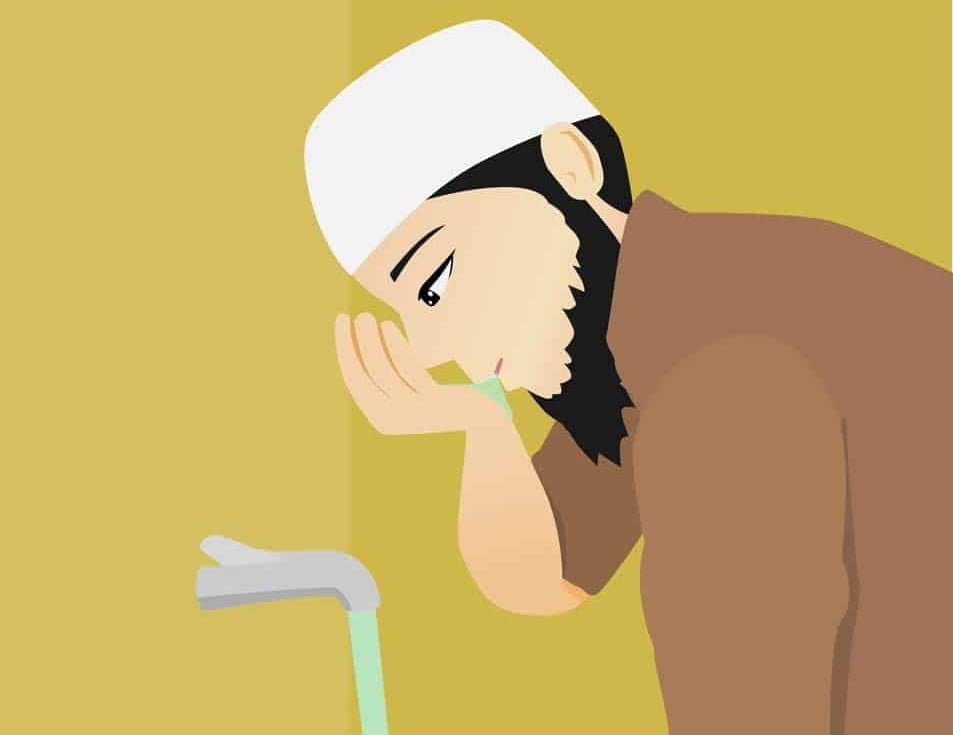
Step 6: Sniff Water into Your Nostrils:
- Sniff water into your nostrils three times using your right hand. Inhale slightly without exaggeration.

Step 7: Blow Your Nose:
- Use your left hand to blow your nose, removing excess water from your nostrils. Do this three times.
Step 8: Wash Your Face:
- Wash your face three times, from your hairline to your chin, and from ear to ear. Ensure that water reaches all parts of your face.
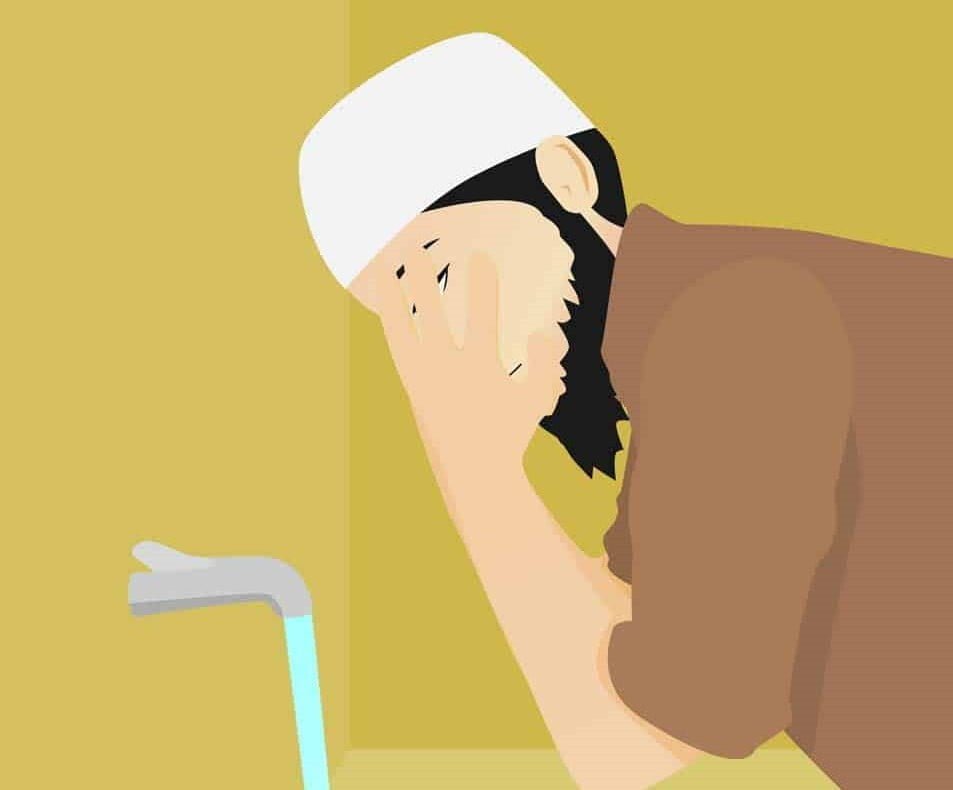
Step 9: Wash Your Arms:
- Wash your right arm up to the elbow three times, ensuring complete coverage. Repeat the same for your left arm.
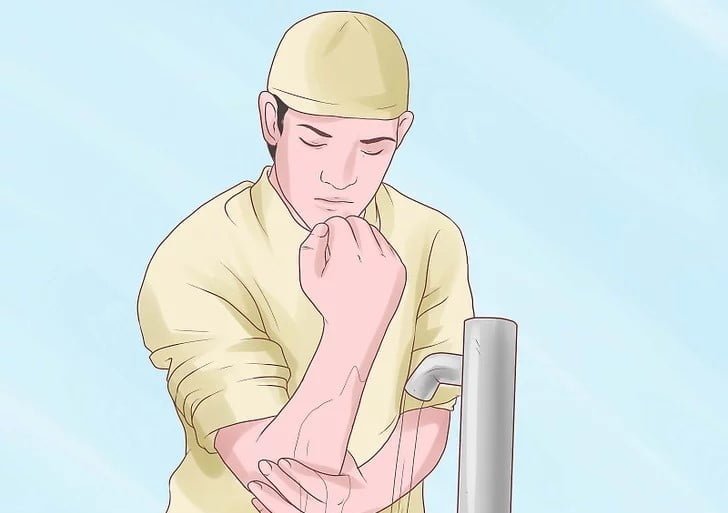
Step 10: Wipe Your Head:
- Wet your hands and gently wipe your head from the forehead to the back of the head, and then back to the forehead. Do this once.
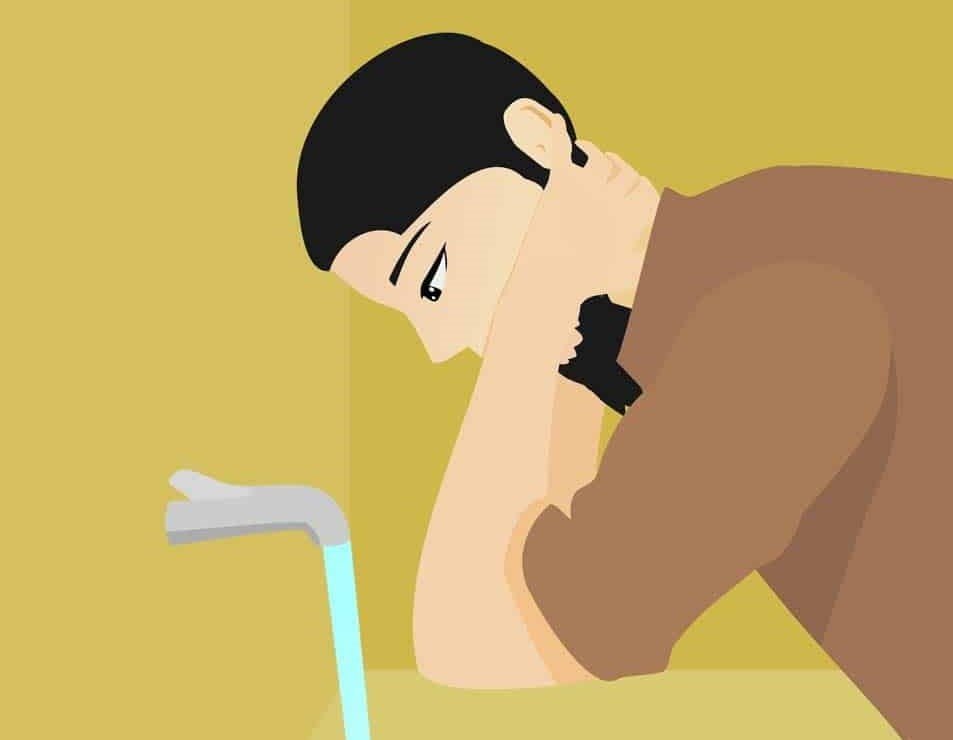
Step 11: Wash Your Feet:
- Begin washing your right foot, covering from the tip of your toes to just above the ankle. Be sure to wash the entire foot and clean in-between each toe to get rid of any dirt that may have accumulated. Repeat this three times and then do the same for your left foot.
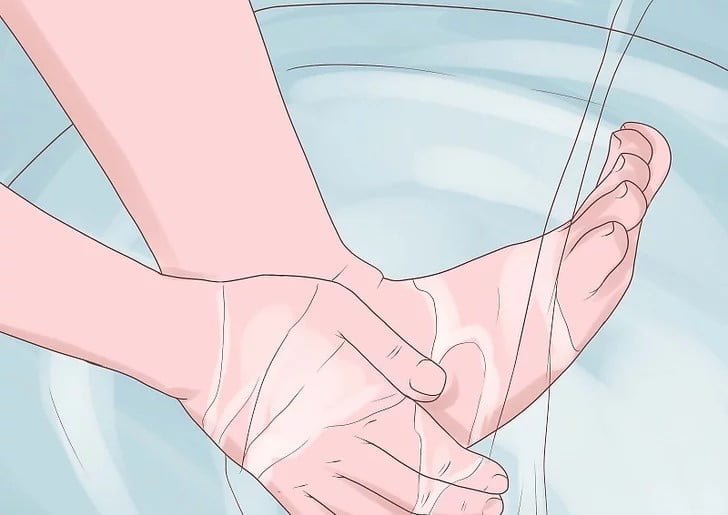
Step 12: Recite the Shahada:
- After completing wudu, recite the Shahada: “Ashhadu an la ilaha illallah, wa ashhadu anna Muhammadur rasulullah.” (I bear witness that there is no god but Allah, and I bear witness that Muhammad is the messenger of Allah).
Step 13: Supplication (Dua):
- Conclude your wudu by making supplications or asking Allah for forgiveness and guidance.
Conclusion:
Performing wudu is a sacred act of purification in Islam that signifies both physical and spiritual cleansing. It is a way to prepare oneself for prayer and draw closer to Allah. While the steps outlined above provide a general guide, it’s important to remember that the intention and sincerity behind wudu are of utmost importance. As you perform wudu regularly, it becomes a mindful and spiritually enriching practice, strengthening your connection with Allah. May your wudu be accepted, and your prayers be a source of peace and guidance in your life.
FAQs
Q1: What is the purpose of Wudu in Islam?
A: Wudu serves both physical and spiritual purposes. Physically, it cleanses the body before prayer. Spiritually, it symbolizes the purification of the soul and helps a person focus on worship.
Q2: How do I make a sincere intention (Niyyah) for Wudu?
A: In your heart, sincerely intend that you are performing Wudu to purify yourself for prayer and to seek Allah’s pleasure. You don’t need to say it out loud.
Q3: Can I perform Wudu in any clean water source?
A: Yes, as long as the water is pure and clean, you can use it for Wudu. Tap water is commonly used. It’s essential to ensure the water is not contaminated.
Q4: Is it necessary to recite “Bismillah” before starting Wudu?
A: While it’s recommended to begin with “Bismillah” (In the name of Allah), it’s not obligatory. However, invoking Allah’s name helps in setting the right intention.
Q5: How many times should I wash each body part during Wudu?
A: Most body parts are washed three times during Wudu. Exceptions include washing the face and hands up to the elbows, which are washed three times, and wiping the head and feet, which are done once.
Q6: How should I wash my face during Wudu?
A: Begin at the hairline and wash your face down to the chin and from ear to ear, ensuring complete coverage.
Q7: Can I perform Wudu while wearing nail polish or false nails?
A: It’s best to remove nail polish or false nails before Wudu to ensure water reaches the nails. If removing it is not possible, gently wipe the nail area during Wudu.
Q8: What should I do if I make a mistake during Wudu?
A: If you forget a step or make a mistake during Wudu, correct it immediately. You may repeat the specific part of Wudu where the mistake occurred.
Q9: Can I use a Miswak (toothstick) during Wudu?
A: Yes, using a Miswak or toothbrush during Wudu is encouraged as it enhances oral hygiene and is considered a Sunnah (commendable practice).
Q10: Do I need to make a Du’a (supplication) at the end of Wudu?
A: While there is no specific Du’a required, it is recommended to make any Du’a of your choice, seeking Allah’s blessings, forgiveness, and guidance.
Q11: How often should I perform Wudu?
A: Wudu should be performed whenever it is broken, such as after using the restroom, passing gas, sleeping, or touching the private parts. It is also necessary before each obligatory prayer.
Q12: Can I perform multiple prayers with one Wudu if it is not broken?
A: Yes, you can perform multiple prayers with one Wudu if it remains valid (i.e., not broken due to specific actions or conditions).
Read Also
12 Scientific Facts in the Holy Quran
Why Should We Learn the Quran Online?
Virtues and Significance of Friday in Islam
Rabi al Awwal – All You Need to Know
Importance of Online Quran Learning
Benefits of Reciting the Quran
Marriage in Islam – All You Need to Know
Idara al Furqan Academy: A Modern Way To Learn Quran
Why Should You Recite the Quran Daily?


